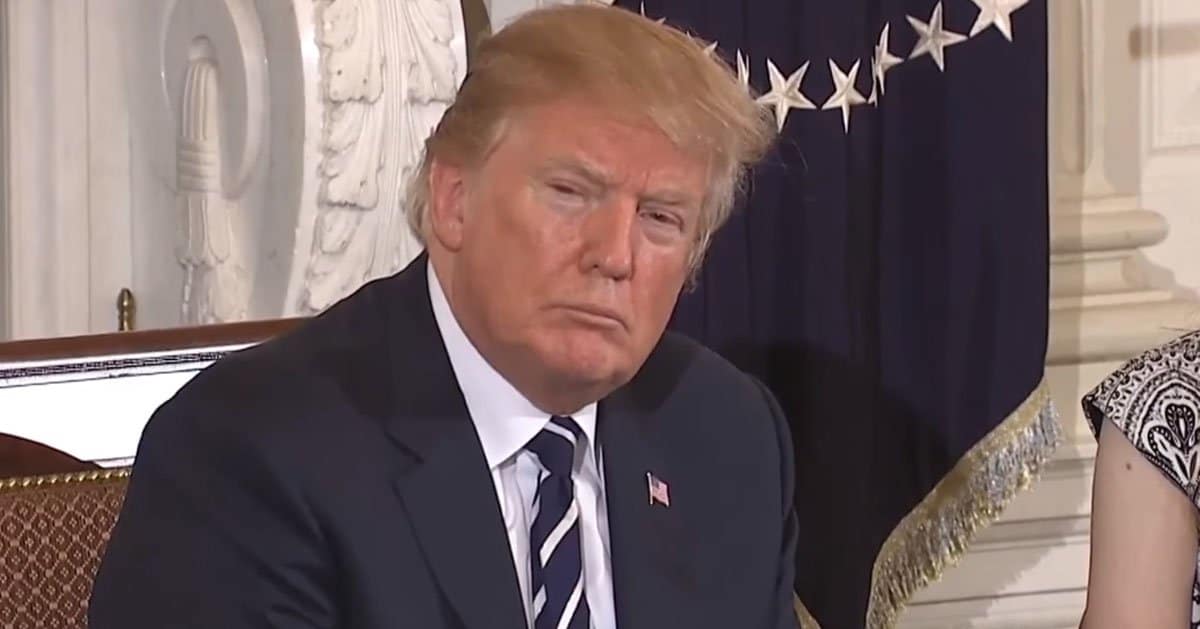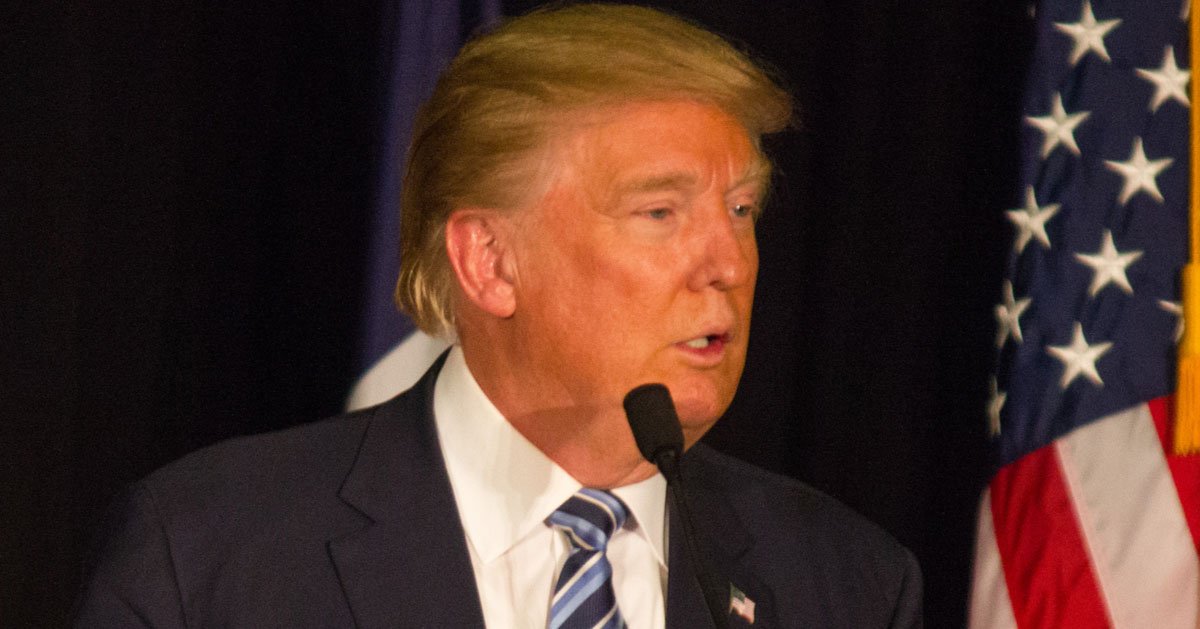








Michael Madigan, a towering figure in Illinois politics and former Speaker of the Illinois House, was convicted on ten counts in a federal corruption trial.
Breitbart reported that the charges encompassed bribery, conspiracy, and wire fraud, highlighting the culmination of a prolonged investigation into his extensive political career and allegations of power misuse for personal advantage.
Madigan's legal troubles began with his indictment in 2022, a turning point after years of whispers and accusations surrounding his political dealings.
The charges against him included 23 criminal counts that portrayed him as a pivotal figure in a bribery and influence peddling scheme.
The trial was set against the backdrop of Madigan’s long-standing influence over Illinois politics, where he controlled not just legislative proceedings, but also held sway over campaign fundraising and key endorsements.
The federal jury, after deliberating for eleven days, handed down the verdict against Madigan. The jury found him guilty on ten counts, which included grave charges such as bribery, conspiracy, and wire fraud.
Despite the landmark decision, ambiguity remains as seven of the charges saw Madigan acquitted, and six were left unresolved due to the jury's inability to reach a verdict.
In contrast, Michael McClain, a close associate of Madigan, was not convicted on any current charges during this trial, though he had faced previous legal hurdles.
McClain had earlier faced the court on bribery convictions, reflecting the deep-rooted issues surrounding Madigan's political operations. This relationship was a focal point of prosecutors who asserted that both men engaged in schemes to leverage their political roles for personal gain.
Prosecutors bolstered their case with compelling video and audio evidence, which brought to light Madigan's purported involvement in corrupt practices.
The recordings showcased conversations between Madigan and Danny Solis, a former Chicago Alderman who served as an informant for the FBI.
These conversations detailed discussions involving bribery and influence peddling, further deepening the arguments against Madigan. The evidence painted a vivid picture of Madigan’s alleged misconduct over the years.
Significantly, Solis himself was implicated in similar allegations, highlighting a web of political chicanery. Prosecutors accused both Madigan and Solis of manipulating their political clout for financial benefits.
The trial underscores Madigan's vast political tenure—spanning fifty years in representing Chicago's southwest side. His power extended beyond his formal titles, as his authority often influenced gubernatorial decisions and state policy directions.
Madigan's grip over the operational dynamics of politics in Illinois was recognized for controlling access to vital campaign resources. These resources were crucial for political figures seeking to ascend in the state’s political hierarchy.
However, despite his formidable influence, Madigan managed to circumvent accountability until the 2022 indictment, which was a decisive moment marking the start of his legal troubles.
The jury's decision reflects the culmination of intense scrutiny and legal battles that have marred Madigan's once-stalwart image as a powerbroker. Chicago’s WBBM noted that despite the verdict on ten counts, the jury could not secure a conviction on more than a dozen other allegations.
This complexity highlights the judicial system's challenges in parsing through years of political dealings and the intricate nature of corruption trials involving seasoned politicians. The public response remains mixed, as Madigan's legacy as a political titan now intertwines with a tainted reputation.
The implications of this trial reach beyond the courtroom, posing questions about the broader landscape of Illinois political ethics and the need for systemic reform to prevent similar occurrences.



